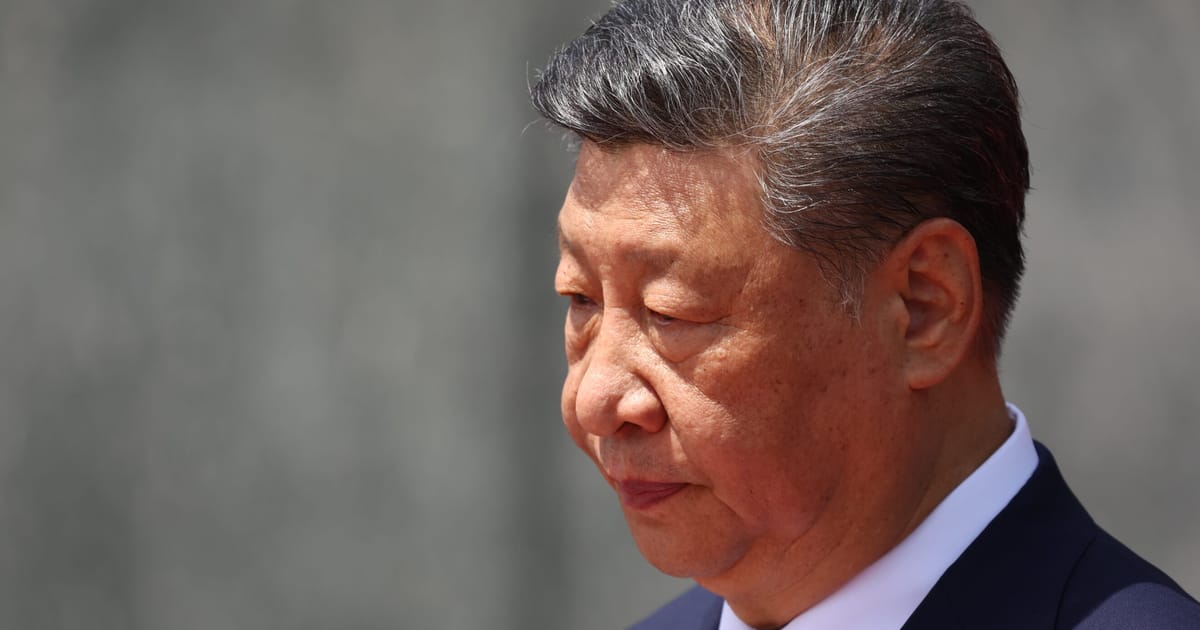

In a rapidly changing geopolitical environment, diplomatic ties and tensions are shaping the global agenda. Recent developments highlight the intricate dance between nations, as leaders and diplomats navigate through complex international relationships. This article explores key diplomatic events and their implications, providing a calm and considered overview for those seeking to understand the current landscape.
The upcoming EU-China summit, initially anticipated as a significant diplomatic event, appears to be facing challenges. It has become evident that the summit may lack substantial deliverable outcomes. Moreover, there is uncertainty regarding Chinese President Xi Jinping’s attendance, raising questions about the meeting’s effectiveness. These developments emerge amidst a backdrop of strained ties and geopolitical tensions between Brussels and Beijing. European leaders are striving to address various geopolitical challenges, underscoring the complexity of their relationship with China. Despite these hurdles, the summit presents an opportunity for dialogue, fostering understanding and potential cooperation on shared issues.
Meanwhile, on the other side of the Atlantic, U.S. President Trump has signaled a potential shift in his approach to Russia. Amidst heightened tensions with Russian President Vladimir Putin, President Trump has hinted at the possibility of imposing additional sanctions on Russia. Describing recent provocations as “a lot of bullshit,” the U.S. leader has expressed his readiness to enforce new measures at his discretion. This move marks a significant turn in U.S.-Russia relations, signaling potential changes in international sanctions policy. As the global community awaits further developments, it reflects a broader trend of recalibrating diplomatic strategies in response to evolving challenges.
In the Middle East, a significant diplomatic breakthrough has emerged, as President Trump commits to a definitive end to the offensive in Gaza. Following discussions at the White House with Israeli Prime Minister Netanyahu, this commitment represents a constructive step towards peace and stability in the region. The dialogue underscores the importance of international cooperation and negotiations in resolving longstanding conflicts, with leaders emphasizing the value of diplomatic engagement to achieve sustainable resolutions.
The international community stands at a pivotal moment, where diplomatic discussions and strategic shifts play crucial roles in shaping the global order. As leaders strive to address contemporary challenges, these developments underscore the critical importance of dialogue, negotiation, and cooperation in fostering a more stable and harmonious world. The diplomatic landscape remains dynamic, and the coming months will undoubtedly bring further developments, as nations continue to navigate the complexities of international relations.
As these diplomatic endeavors unfold, they serve as a reminder of the intricate interplay between national interests and global peace. The evolving relationships and strategic decisions reflect a world where mindful diplomacy has the potential to yield positive outcomes, contributing to a more stable and peaceful international community.
Source: {link}
